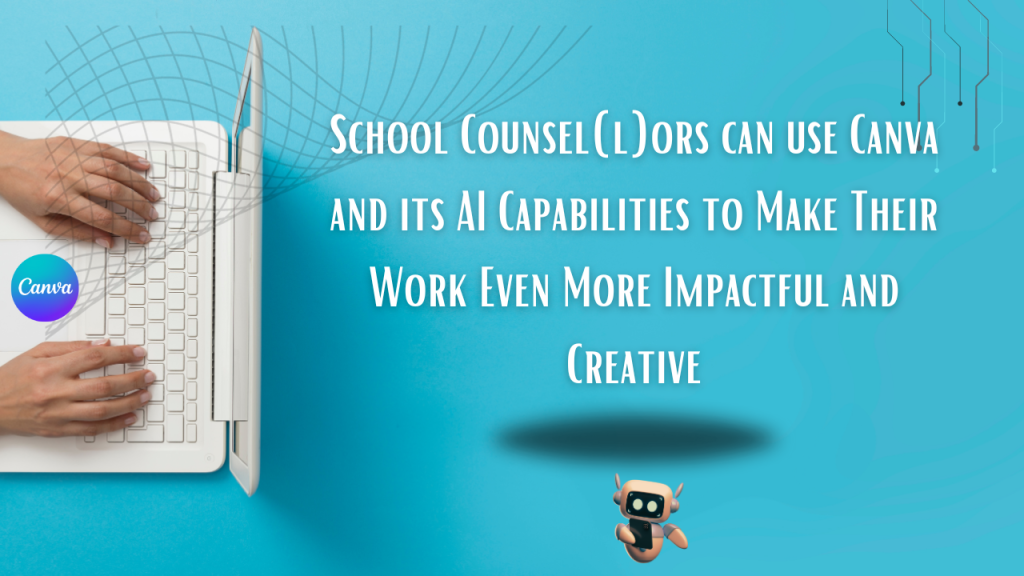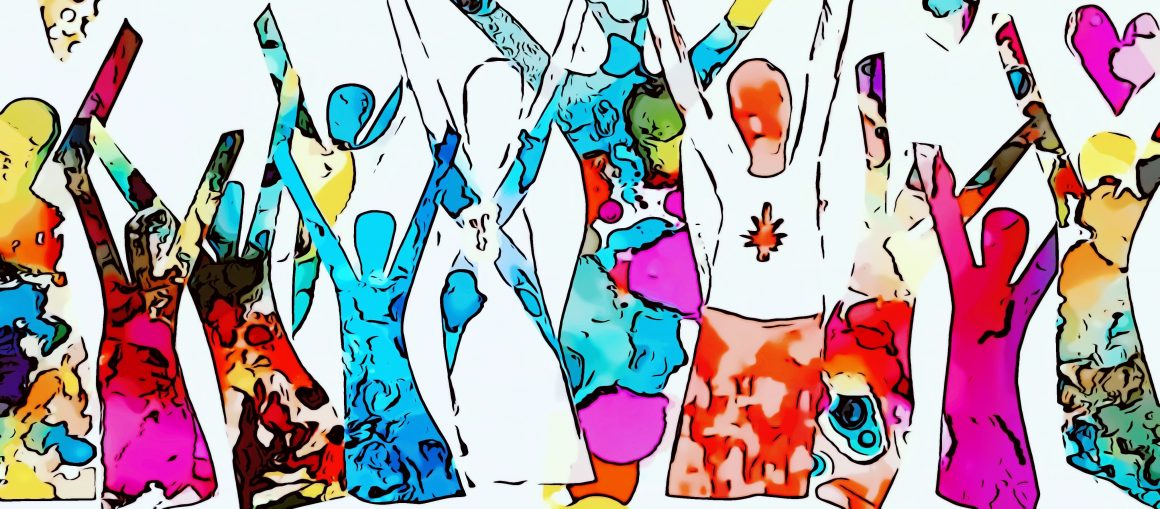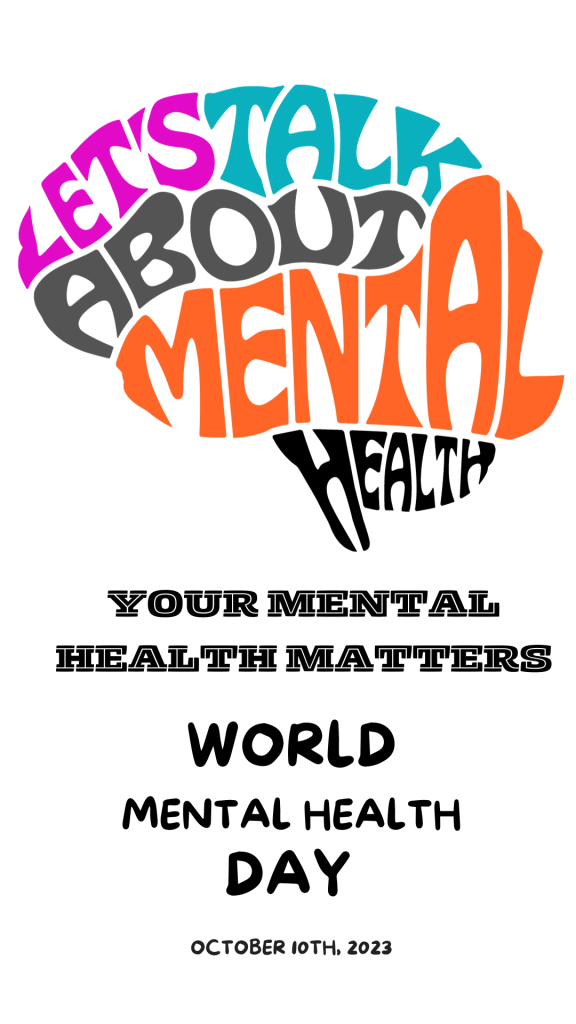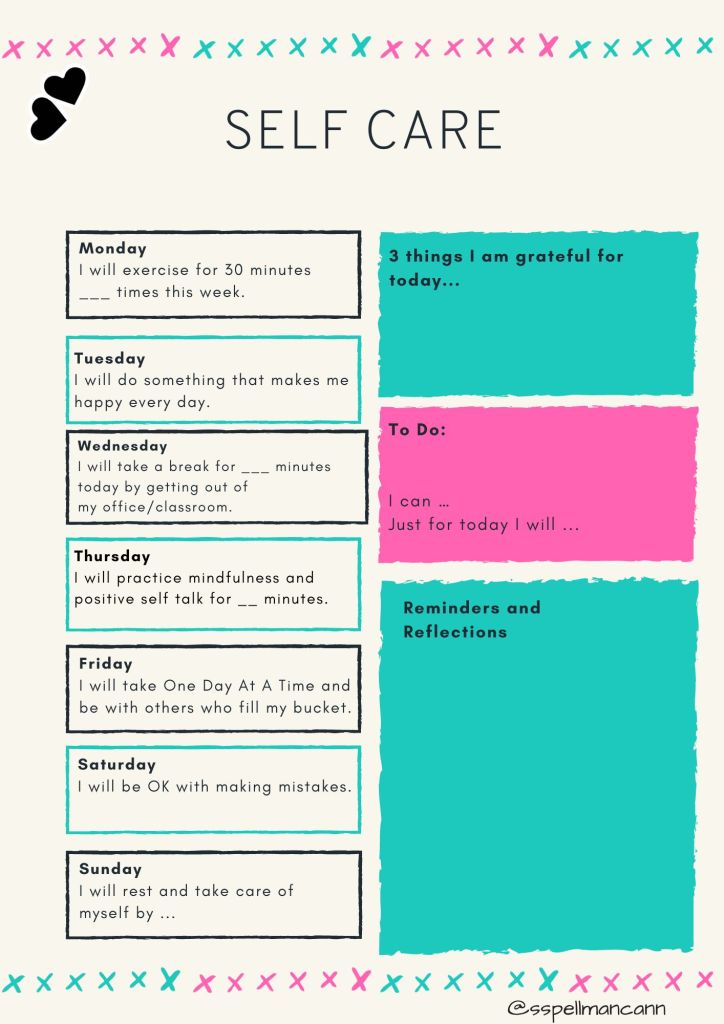
Canva, with its incredible AI features, can help you create engaging resources, infographics, and much more. Let’s explore how to use these tools in your role as a school counsellor.
Section 1: Creating Engaging Visual Content
Personalized Posters: Start with the basics – design personalized posters for your school events, workshops, and counselling sessions. Canva’s AI suggests colors, fonts, and layouts that resonate with your message.
Emotional Intelligence Infographics: Use Canva’s AI to visualize emotional intelligence concepts. It can help simplify complex topics and make them more relatable to students.
Section 2: AI-Powered Design Assistance
Layout Recommendations: Canva’s AI suggests optimal layouts for your content. It considers the psychology of design to make your materials more visually appealing and effective.
Color Harmony: Let the AI assist in choosing color palettes that convey the right emotions. For example, soothing colors for relaxation exercises or vibrant ones for motivational posters.
Section 3: Interactive Quizzes and Surveys
Interactive Content: Create quizzes or surveys for students to self-assess their well-being or mental health. Canva’s AI can even help generate questions and answer options.
Section 4: Personalized Guidance
Custom Templates: Design your own templates for school counselling materials. Canva’s AI remembers your preferences and suggests relevant templates for future use.
Section 5: Data Visualization
Visualizing Progress: Utilize AI-powered charts and graphs to track and showcase students’ progress. This can help in sharing results with teachers and parents effectively.
Section 6: Mindful Content Creation
AI-Enhanced Quotes: Canva’s AI can suggest quotes that resonate with students’ emotions. Incorporate these into your materials for an extra dose of inspiration.
Relaxation Exercise Videos: Use Canva’s AI to edit and enhance relaxation exercise videos. It can help you create a soothing and calming atmosphere.
Section 7: Collaborative Projects
Group Projects: Collaborate with students on creative projects. Canva’s AI can facilitate brainstorming and design suggestions for group initiatives.
Canva’s AI capabilities open up a world of creative possibilities for school counsellors like you. It can help you connect with students in innovative ways, making counselling sessions and resources not just informative, but engaging and fun. Embrace the magic of AI and inspire your students to thrive!
Here are 20 ways school counsellors can use Canva ‘s AI tools
- AI-Curated Reading Lists: Canva’s AI can help school counsellors curate personalized reading lists for students based on their interests and needs. This can be a valuable resource to support students’ personal development and provide them with relevant content to enhance their understanding of various topics.
- AI-Enhanced Videos: Create educational and motivational videos for school counselling sessions. Canva’s AI can be used to edit and enhance video content, adding subtitles, visual effects, and animations to make the material engaging and informative.
- AI-Generated Affirmations: Generate daily affirmations with Canva’s AI. These affirmations can be used in daily routines or as part of counseling sessions to boost students’ self-esteem and promote positive thinking.
- AI-Generated Playlists: Craft music playlists with AI-generated recommendations to set the mood during counseling sessions. Music can be a powerful tool to create a calming or motivating atmosphere.
- AI-Powered Career Path Infographics: Use Canva’s AI to create infographics that visualize potential career paths for students. These infographics can include information on job prospects, required qualifications, and career development steps.
- AI-Prompted Journaling: Canva’s AI can generate journaling prompts tailored to each student’s needs and preferences. Journaling can be a therapeutic tool for self-reflection and personal growth.
- Audio Visualization: Design graphics that visually represent audio recordings of relaxation exercises, therapy sessions, or guided meditations. These visuals can enhance engagement and understanding during such activities.
- Collaborative Art Projects: Collaborate with students on creative art projects using Canva’s AI for design input. These projects can serve as a therapeutic outlet for self-expression and creativity.
- Digital Mind Maps: Create interactive mind maps to help students organize their thoughts, plan projects, or visualize complex concepts. Canva’s AI can assist in generating mind map structures.
- Emotion Wheel: Craft an interactive emotion wheel that students can use to identify and express their feelings. This can be a useful tool for emotional self-awareness and communication.
- Gamified Counseling Materials: Use Canva’s AI to create interactive and gamified counseling materials. Gamification can make counseling sessions more engaging, helping students to learn and apply coping strategies in a fun way.
- Interactive Decision Trees: Build decision-making flowcharts with AI recommendations to guide students through complex choices. This can be especially helpful when students are facing significant decisions.
- Interactive Progress Trackers: Develop visually appealing trackers for students to monitor their progress in various aspects of life, such as academic achievements, personal goals, or mental health improvements.
- Mindful Coloring Pages: Design AI-generated mindful coloring pages for students to use as a relaxation and stress-reduction tool. Coloring can promote mindfulness and stress relief.
- Motivational GIFs: Craft animated GIFs with Canva’s AI to provide quick motivational boosts during online counseling sessions. GIFs can be used to emphasize key points or convey supportive messages.
- Positive Message Banners: Create interactive banners that display positive messages. These banners can change based on student interaction, providing customized motivation and encouragement.
- Self-Care Bingo: Develop personalized self-care bingo cards with AI-generated self-care ideas. This can encourage students to engage in self-care activities and promote their well-being.
- Therapeutic Comic Strips: Create therapeutic comic strips with AI-generated dialogues and scenarios to address common issues and challenges that students might face.
- Virtual Vision Boards: Canva’s AI can help students create digital vision boards, visualizing their goals, dreams, and aspirations. These vision boards can serve as powerful tools for motivation and goal setting.
- AI-Powered Study Guides: Assist students with AI-powered study guides that adapt to their learning preferences and needs. These guides can include interactive elements, quizzes, and personalized study tips.
Each of these ideas empowers school counsellors to use Canva’s AI tools in unique ways to support students in their personal and academic growth. The possibilities are truly endless! Please feel free to share some of your ideas in the comments..
So,school counsellors, get out there and create, inspire, and make a positive impact on your school community. Continue to make a difference using Canva as a starting point. Thanks to Chat GPT and Canva for so many ideas. You can use Canva in your School Counselling Program . The possibilities are endless.



